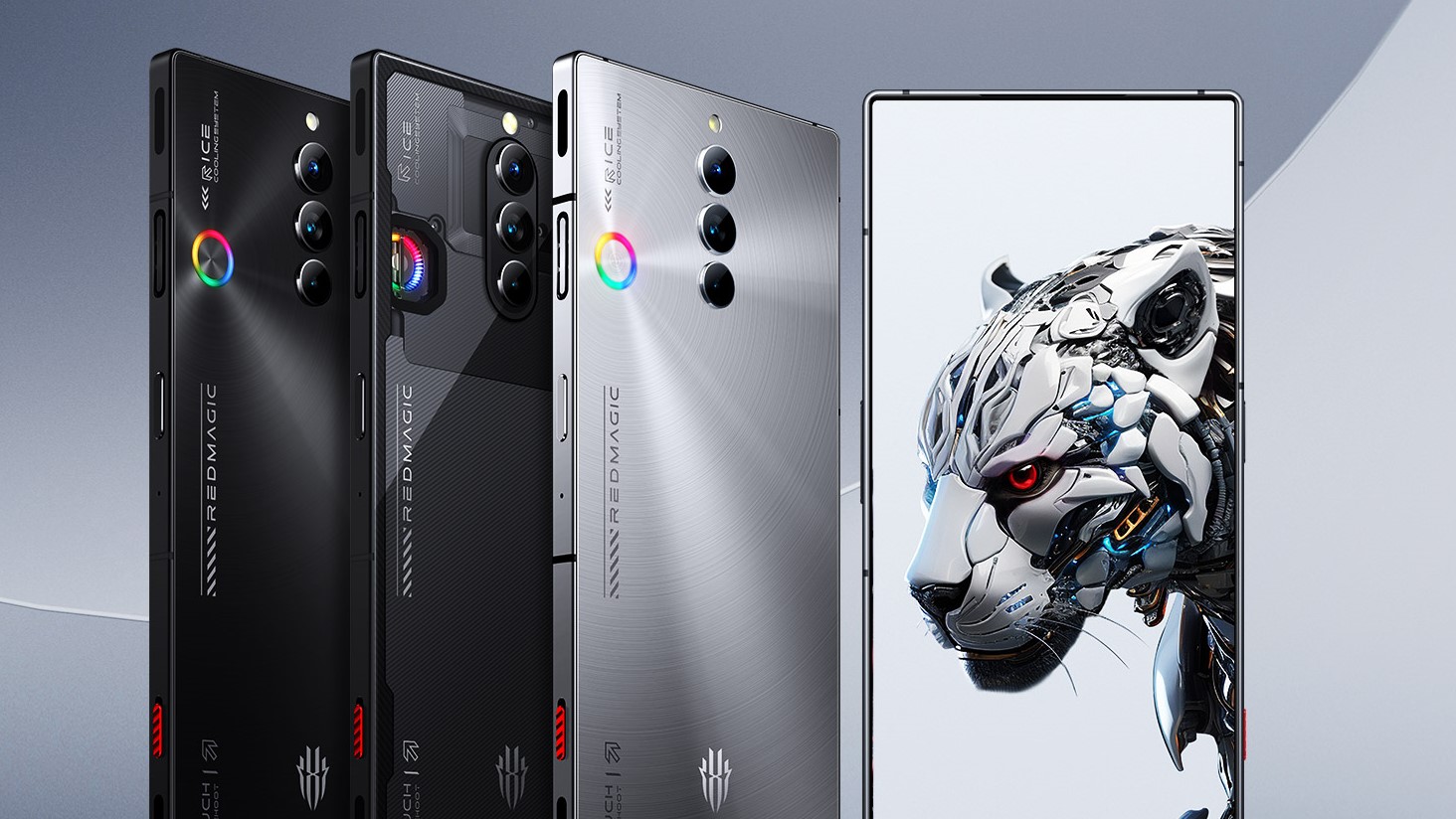The Samsung Galaxy S23's overclocked chipset is now in a non-Samsung phone
No longer exclusive to Samsung

Sign up for breaking news, reviews, opinion, top tech deals, and more.
You are now subscribed
Your newsletter sign-up was successful
One big win for Samsung this year is that it has had exclusive access to the Snapdragon 8 Gen 2 for Galaxy – which is essentially just a slightly faster version of the standard Snapdragon 8 Gen 2 chipset available to other flagship handsets. Still, this meant the likes of the Samsung Galaxy S23 Ultra and the other best Samsung phones could credibly be called the most powerful Android phones.
But now they have some competition, because it seems Samsung no longer has exclusive access to the Snapdragon 8 Gen 2 for Galaxy – just to that particular name, as the new Nubia Red Magic 8S Pro has exactly the same chipset.
We’ve known for a while that this phone would have some sort of advanced version of the Snapdragon 8 Gen 2, as when the handset was announced it was listed as having the ‘Snapdragon 8 Gen 2 Leading Edition’, though how exactly that differed from the standard Snapdragon 8 Gen 2 wasn’t clear at the time.
Now though, XDA Developers has confirmed that this chipset has exactly the same part code as the Snapdragon 8 Gen 2 for Galaxy (specifically SM8550-AC), and that it has the same clock speed increases, namely a primary core that runs at 3.36GHz (up from 3.2GHz in the standard Snapdragon 8 Gen 2), and a GPU speed of 719MHz (up from 680MHz).
Presumably then, this chipset should also benchmark exactly the same as the Snapdragon 8 Gen 2 for Galaxy, but we have a Nubia Red Magic 8S Pro, so we’ll update this article with a benchmark comparison of our own soon.
One name, two specifications
In any case, XDA Developers reached out to Qualcomm, and was provided with the following statement: “there are no specification differences between Snapdragon 8 Gen 2 for Galaxy and this new variant of Snapdragon 8 Gen 2 with 3.36GHz peak CPU speeds."
“Following our expanded strategic partnership announcement in July 2022, we worked closely with Samsung to uniquely customize Snapdragon 8 Gen 2 for Galaxy for Flip5/Fold5/Tab9. For example, Samsung provided their proprietary camera IP to for us to integrate into the Snapdragon 8 Gen 2 for Galaxy."
Sign up for breaking news, reviews, opinion, top tech deals, and more.
“Given the minor adjustment to CPU prime core frequency, we’re treating this platform as a variant of the original platform (Snapdragon 8 Gen 2). Our goal is to maintain our simplified naming structure that was introduced in November 2021 so it’s easier for OEMs and consumers to discover and choose devices powered by Snapdragon.”
So it seems that from Qualcomm’s perspective, this is still just the Snapdragon 8 Gen 2 – and indeed on the company’s site, the Snapdragon 8 Gen 2 is listed as having clock speeds of up to 3.36GHz, with no mentions of separate ‘for Galaxy’ or ‘Leading Edition’ versions.
A source of confusion
The idea with that is seemingly to simplify the naming, but with Samsung referring to a ‘for Galaxy’ version and Nubia calling it both the ‘Leading Edition’ and the ‘latest version’ depending on where you look, there could still be some confusion over different iterations of the chipset.
Of course, calling every version just the Snapdragon 8 Gen 2 would also be confusing, since there are technically two distinct versions out in the wild right now.
In any case, the big news here is that this chipset isn’t exclusive to Samsung anymore, and while the Nubia Red Magic 8S Pro is the only non-Samsung phone we’ve yet seen this in, it seems likely that it will soon make its way to other upcoming best phone contenders too.
As XDA Developers notes, this can also essentially be seen as the Snapdragon 8 Plus Gen 2, which would explain why we haven’t seen a specific Plus version this year. So don't expect to see another upgrade to this line until the Snapdragon 8 Gen 3.
James is a freelance phones, tablets and wearables writer and sub-editor at TechRadar. He has a love for everything ‘smart’, from watches to lights, and can often be found arguing with AI assistants or drowning in the latest apps. James also contributes to 3G.co.uk, 4G.co.uk and 5G.co.uk and has written for T3, Digital Camera World, Clarity Media and others, with work on the web, in print and on TV.